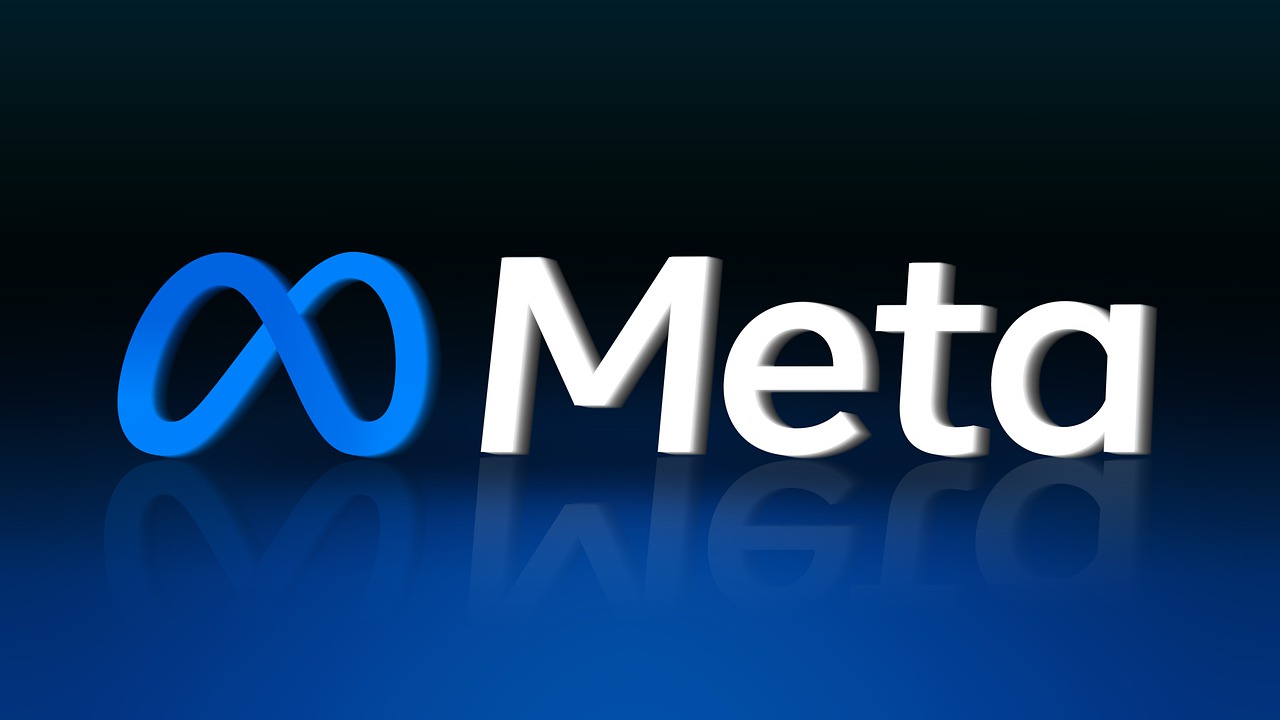Mark Zuckerberg, Meta’s co-founder and Chief Executive Officer (CEO), was the first to testify at the hearing of the US Federal Trade Commission’s (FTC) lawsuit against the tech giant, according to a Politico report. The FTC has accused Meta of having a monopoly in the “personal social networking” (PSN) market, which it created through its acquisitions of Instagram and WhatsApp.Arguments and Counter-Arguments:Daniel Matheson, lead lawyer representing the FTC, reportedly suggested that Meta’s platforms are primarily designed to connect users with friends, family, and other acquaintances from real life.
This builds on the FTC’s argument that the platforms operate in the PSN market. The regulator alleges that there are only four players in this space, two of which Meta owns—Instagram and WhatsApp. The other two are Snapchat and MeWe, a much smaller player.

During his testimony, Zuckerberg claimed that Facebook’s feed has moved away from friends and family and is now “more of a broad discovery-entertainment space,” according to the report. Zuckerberg questioned about his emails:“The government is expected to question Zuckerberg over emails exchanged between him and other executives regarding the acquisitions of Instagram and WhatsApp. In its opening statements, the government alleged that Meta, the parent company of Facebook, purchased these competing apps to establish a monopoly,” according to the report.
In one such email, Zuckerberg stated that Instagram was growing so rapidly that Meta “had” to acquire it for $1 billion. “Matheson argued, ‘It’s an email written by someone who recognized Instagram as a threat and was forced to sacrifice a billion dollars because Meta could not meet that threat through competition.’”Did Meta’s acquisitions harm consumers?As per the report, it would be impossible to prove in court that Meta’s alleged monopoly harmed its consumers because its social media products are free to use.
“Matheson said the FTC will show that the Instagram and WhatsApp acquisitions have still harmed consumers. He said Instagram users in particular now see far more advertisements on the platform than they would have in a competitive social media marketplace,” the report noted. The regulator is also expected to argue that Meta’s monopoly has led to reduced investments and weakened privacy protections on Instagram and WhatsApp.
Kellogg Hansen, representing Meta, reportedly countered the FTC’s claims, and said, “A lot of people find them useful — even entertaining. They click on them to learn more. They even buy things.
”If the US court finds merit in the FTC’s arguments and rules in its favour, Meta will have to part ways with WhatsApp and Instagram.Chronology of events that led to this:The case finds its roots in an investigation that started in September 2019. The Attorneys General (AG) from eight states and Washington D.
C. launched an antitrust investigation into Meta (then Facebook), looking into whether it stifled competition or harmed users by buying its potential competition. New York AG Letitia James led the effort, with bipartisan support.
In 2020, the FTC filed its first lawsuit against Meta (then Facebook) for the alleged illegal squashing of competition. The US regulator said that Meta’s acquisitions, especially of the photo-sharing app Instagram in 2012 and the instant messaging app WhatsApp in 2014, squashed competition and created a monopoly.Later, in 2021, the US District Court for the District of Columbia dismissed the case, stating that the regulator’s complaint was “legally insufficient” as it had failed to “plead enough facts” to establish that Meta had a monopoly in the PSN market.
After the court dismissed the FTC’s lawsuit, it submitted an amended complaint to the court with more details to support its earlier claims. The regulator alleged that Meta resorted to the “buy-or-bury” tactic to maintain its dominance in the market. The complaint sought a demerger of WhatsApp and Instagram from Facebook’s parent company.
“Second time lucky?”In January 2022, the district court allowed the FTC lawsuit to proceed based on its amended complaint. US District Judge James E. Boasberg wrote, “Second time lucky? The Federal Trade Commission’s first antitrust suit against Facebook, Inc.
stumbled out of the starting blocks, as this Court dismissed the Complaint [...
]. The FTC has [now] filed an Amended Complaint containing significant additions and revisions aimed at addressing the shortcomings identified in the Court’s prior Opinion.”Throughout 2022 to 2023: The case moved through discovery.
Both sides exchanged extensive records and deposition testimony. In later filings, Meta cited the volume and complexity of evidence collection in its request to delay evidentiary hearings. The FTC referenced internal communications from 2012 to support its theory that Facebook sought to eliminate competition through acquisitions.
Later, in April 2024, Meta sought the dismissal of the antitrust lawsuit over its acquisitions of WhatsApp and Instagram. It argued that the FTC had “done nothing” to build a case and state a plausible claim. A recent court order said that the US tech giant would have to face the FTC antitrust lawsuit, granting the motion for a Summary Judgment.
Additional inputs by Aakriti BansalAlso read:‘Meta Worked on Behalf of China’: Whistleblower’s AllegationsEx-Executive Reveals How Meta Used Teenagers’ Emotional States to Show AdsMeta Rolls Out Teen Accounts Feature On Facebook and MessengerThe post Zuckerberg Testifies in US District Court in FTC Antitrust Lawsuit appeared first on MEDIANAMA..
Technology

Zuckerberg Testifies in US District Court in FTC Antitrust Lawsuit

The FTC’s antitrust case against Meta claims its Instagram and WhatsApp acquisitions hurt competition. The trial could reshape the tech landscape.The post Zuckerberg Testifies in US District Court in FTC Antitrust Lawsuit appeared first on MEDIANAMA.















